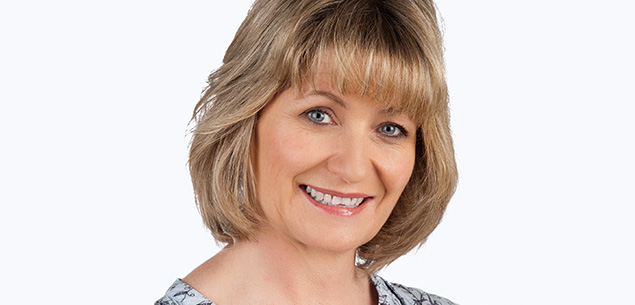The older we get, the more our health declines. But if you are prepared for what is to come, you may be able to slow down the ageing process.
Your cardiovascular system
What happens:
Your heart can enlarge and the rate at which it beats becomes slower. Your blood vessels and arteries become stiffer so your heart has to work harder to pump blood through them.
This can lead to high blood pressure and other problems.
What you can do:
Exercise. It lowers blood pressure and makes arteries less stiff.
Eat a healthy diet and restrict high-fat foods that can clog arteries. Fish is good for your heart.
Quit smoking. This habit will contribute to the hardening of arteries and increases blood pressure.
Learn to manage stress. It can also raise blood pressure.
Your skin
What happens:
Skin thins when you get older and becomes less elastic. You can bruise more easily and cuts take longer to heal. Decreased production of natural oils leads to drier skin and wrinkles. Age spots and skin tags become more common.
What you can do:
Be gentle on your skin. Use mild soap and moisturiser.
Use sunscreen when you are outside and check your skin regularly for suspicious looking lesions or spots.
Don’t smoke – it contributes to skin damage and increases the chance of wrinkles.
Your bones, joints and muscles
What happens:
Bones tend to shrink in size and density, becoming weak and more prone to breaking. You can even become shorter. Muscles lose strength and flexibility, and you might become less co-ordinated and have difficulty balancing.
What you can do:
Get enough calcium – it’s vital for building bones and the sooner you start doing that, the better. As well as dairy products, other good sources of calcium include almonds, broccoli, kale, canned salmon with bones and sardines.
Get enough vitamin D. The best source is sunlight, but take care not to get burnt.
Exercise. Weight-bearing exercise builds strong bones and can slow bone loss.
Your digestive system
What happens:
Constipation becomes more common, often due to a low-fibre diet, lack of exercise and not drinking enough fluids. Medications and some illnesses, such as irritable bowel syndrome, can also affect your bowels.
What you can do:
Include lots of high-fibre foods in your diet such as fresh fruit, vegetables and wholegrains.
Be physically active – it helps with the digestive process.
Don’t ignore the urge to have a bowel movement.
Your memory
What happens:
You tend to become more forgetful as you get older. You find it harder to learn new tasks or remember things that should be familiar, like names.
What you can do:
Stay mentally active. Challenging your brain helps to build the neural pathways along which signals travel, so your thinking is sharper. Do crosswords, take alternative routes when driving or learn to play a musical instrument.
Eat well. Healthy food like fruit, vegetables, low-fat protein (ie fish, lean red meat and chicken) and nuts are good for brain function. Avoid alcohol.
Get physical. Exercise helps blood flow to the brain.
Be sociable. Social interaction helps to ward off stress.




